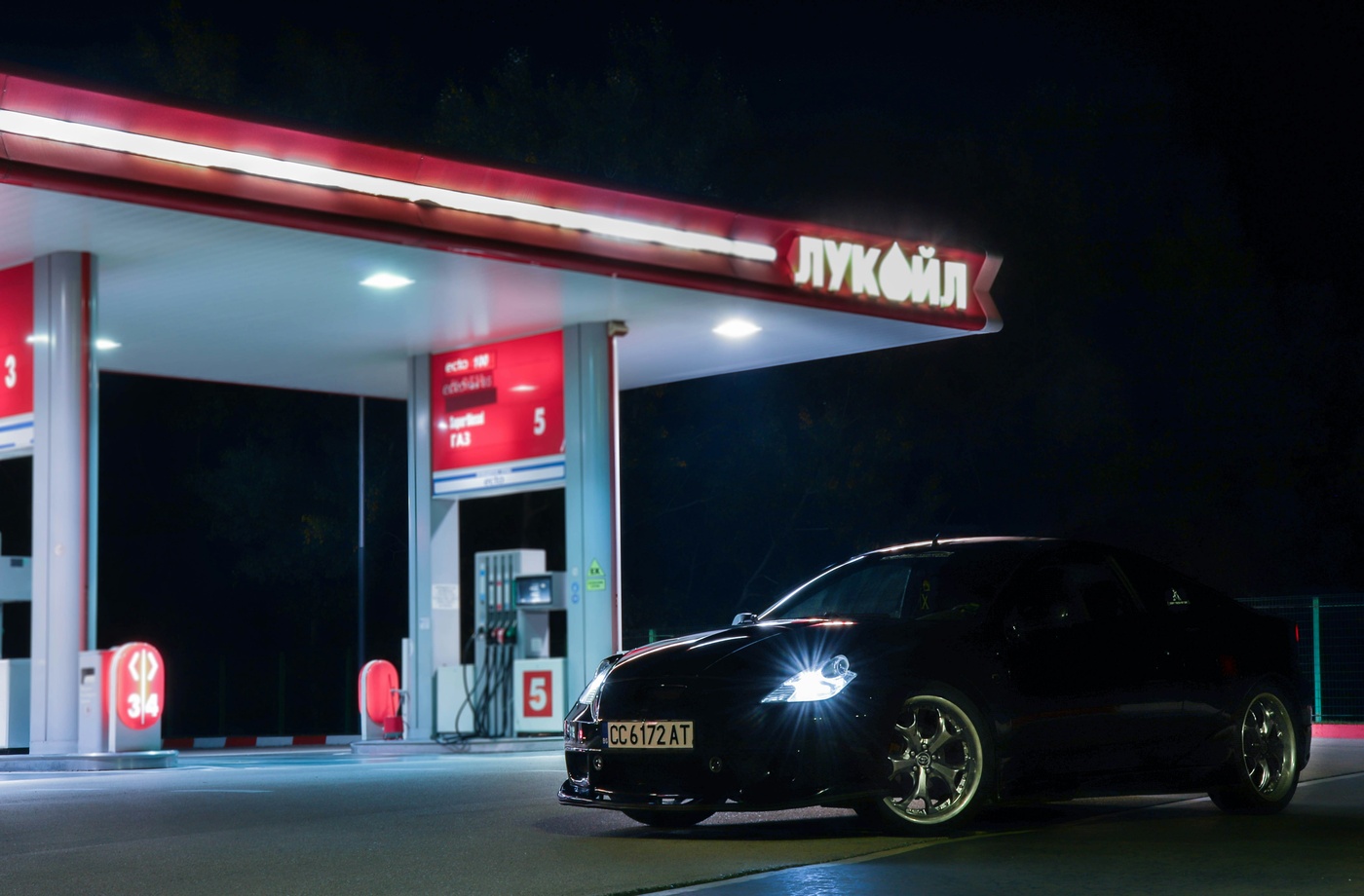With gas prices on the rise and electric vehicle incentives more accessible than ever, many drivers are wondering: Is now the time to switch to an electric or hybrid car? While EVs and hybrids offer clear advantages in fuel savings and environmental impact, the right decision depends on your driving habits, budget, and long-term goals.
Here’s a breakdown of the key factors to consider when evaluating whether a switch from gas to electric or hybrid makes financial sense.
Fuel Savings: EVs vs. Hybrids vs. Gas Vehicles
Electric vehicles (EVs) run solely on electricity and eliminate fuel costs entirely, while hybrids use both gas and electricity to reduce the amount of fuel needed. EV drivers spend roughly 60% less per mile on energy compared to gas-powered drivers.
Hybrids, such as the Toyota Prius or Honda Accord Hybrid, typically offer 40–60 MPG compared to the U.S. average of 25 MPG for gas-only vehicles.
Charging Costs and Infrastructure
EVs must be charged either at home or at public charging stations. Home charging is often the most cost-effective solution, but it requires access to a garage or driveway and the installation of a Level 2 charger. Public charging stations are expanding across the U.S., and you can find them via apps like:
Charging costs vary by location, but many EV owners report an average of $0.04 to $0.06 per mile compared to $0.12–$0.15 per mile with gasoline.
Upfront Costs and Federal Tax Incentives
EVs and plug-in hybrids generally have higher sticker prices, but the federal EV tax credit can offset up to $7,500 for eligible models. Many states also offer additional rebates, including California, Colorado, and New York.
Hybrids tend to be more affordable than EVs and require no charging infrastructure, making them a good transitional option for drivers looking to reduce fuel use without fully committing to electric.
Maintenance Differences
Electric vehicles have fewer moving parts and require less maintenance than gas-powered cars. No oil changes, no spark plugs, and fewer brake replacements due to regenerative braking. Hybrids still use gasoline engines, so they retain some traditional maintenance needs but generally experience less wear over time.
Do EVs Work for Long-Distance Drivers?
Range anxiety—fear of running out of battery—is a valid concern, but many modern EVs now offer over 250 miles of range per charge. If you frequently drive long distances or live in rural areas with limited charging access, a hybrid or plug-in hybrid (PHEV) might be the better choice.
Still Driving Gas? Combine It With Smarter Payment Tools
If switching to an EV or hybrid isn’t practical for you yet, there are still ways to cut costs on fuel. With Fluz, you can earn cashback with a Chevron gift card or get rewards with a Shell gift card instantly when paying for fuel. Pairing this with gas loyalty programs offers ongoing savings even as you evaluate a future switch.



